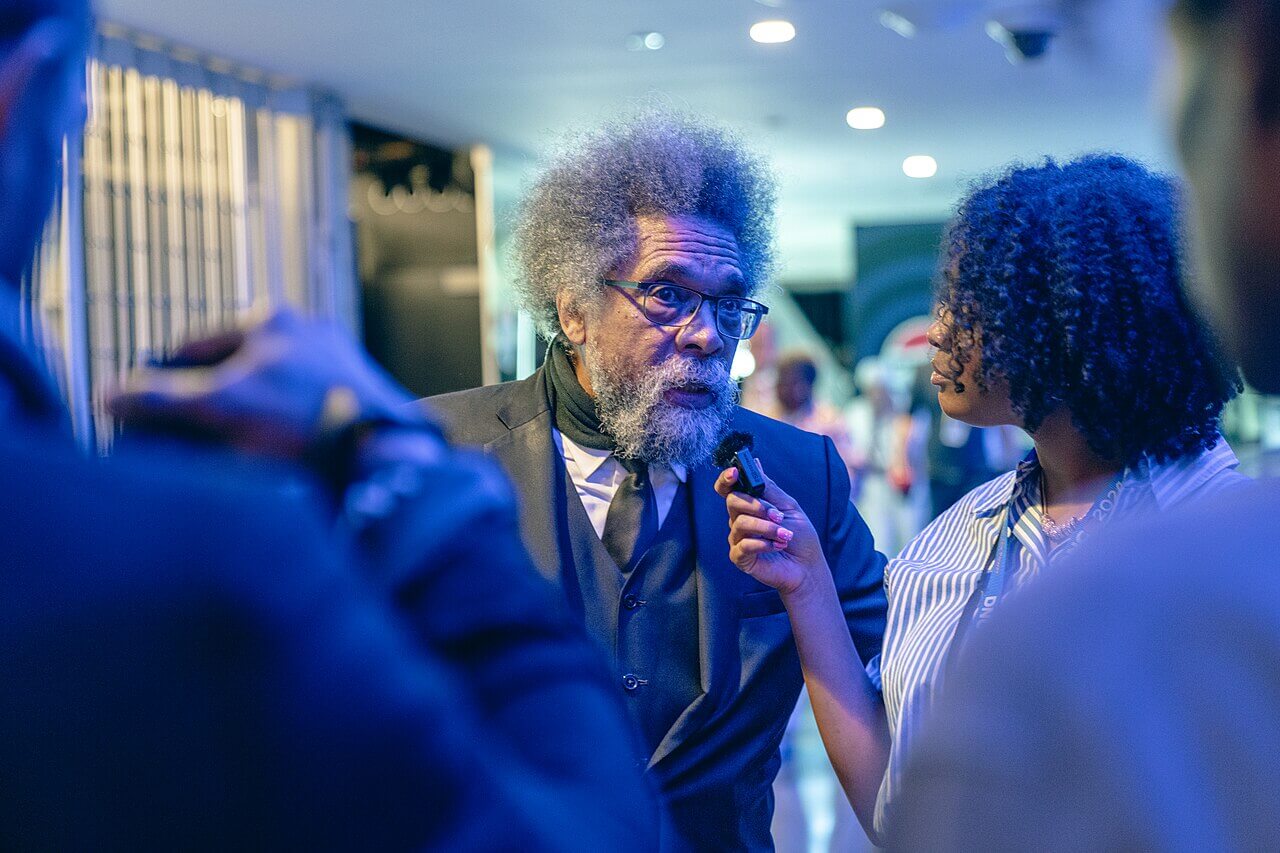The evolving landscape of drug policy in the United States has become a focal point for various political figures ahead of the upcoming elections. As debates heat up, we observe diverse perspectives from notable candidates on how to address these pressing issues.
Cornel West: Advocating for comprehensive reform
Cornel West, an independent presidential candidate, is calling on Vice President Kamala Harris to not only fulfill her promise on cannabis legalization but also to decriminalize psychedelics like psilocybin mushrooms, MDMA, and Ibogaine. According to West, the War on Drugs has devastated communities. He believes it’s essential to end this war, expunge records, and offer real second chances.
West highlights the need to support small businesses and home growers while building an economy rooted in truth, justice, and love. He emphasizes holding leaders accountable to drive substantial change. This call for action reflects a broader demand for drug policies grounded in science and compassion.
Other candidates’ stances on psychedelics and cannabis
Marianne Williamson’s progressive approach
Former Democratic nominee Marianne Williamson supports integrating psychedelic-assisted psychotherapy into treatment programs for drug addiction. Her approach aims to provide free access to such therapies, aligning with a compassionate view towards drug rehabilitation.
Vivek Ramaswamy’s targeted support
In contrast, former Republican candidate Vivek Ramaswamy proposes a more targeted strategy. He advocates for the use of psychedelics, specifically for military veterans who have post-traumatic stress disorder (PTSD), as a measure to help mitigate the suicide crisis among this group.
Robert F. Kennedy Jr.’s personal perspective
Robert F. Kennedy Jr., who briefly ran as an independent before dropping out, shared his son’s positive experience with ayahuasca, emphasizing its role in processing grief. This personal advocacy adds a unique dimension to the discussion on drug policy reforms.
Donald Trump: A surprising turn
One of the most significant shifts in the drug policy debate is former President Donald Trump’s newly announced support for Florida’s cannabis legalization ballot measure. While he had previously overseen a crackdown on marijuana offenses during his presidency, Trump’s recent statements suggest a change in stance.
Trump has conveyed that cannabis legalization could be beneficial for Florida, indicating tentative support for Amendment 3. However, his past actions have led to scrutiny and criticism from other political figures, including the Harris campaign, which accuses him of inconsistent policy proposals.
VP Kamala Harris: Mixed signals on drug policy
Vice President Kamala Harris, who has historically backed marijuana legalization efforts, remains notably silent on the issue since becoming the Democratic nominee. During her Senate tenure, she sponsored a bill aimed at ending marijuana prohibition but has yet to publicly address her stance on psychedelics.
Advocates have taken note of the lack of a clear, updated drug policy platform from her campaign despite her previous record. This ambiguity contrasts sharply with Trump’s recent vocal support for state-led legalization initiatives, further heating the political debate.
Campaign dynamics and public perception
The discourse around drug policy is influenced heavily by political strategies. With Trump’s prior actions on marijuana enforcement being highlighted by his opponents, voters are urged to scrutinize the consistency and authenticity of each candidate’s current position on these issues.
This dynamic creates a challenging environment for candidates as they navigate public opinion and policy commitments. Leaders like West, Williamson, Ramaswamy, and Kennedy’s varying approaches demonstrate an expanding conversation beyond traditional viewpoints.
As election season progresses, voters will need to closely follow the evolving positions and proposed reforms related to drug policy. The engagement of prominent political figures in this debate reflects the growing importance of finding balanced solutions that prioritize public health, social justice, and economic opportunities.





